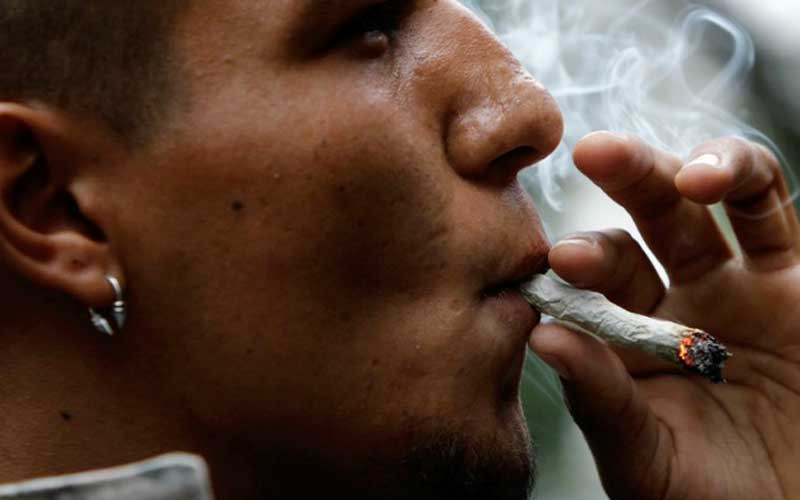
The on-going social media hysteria surrounding the Dominican Convent High School drug saga has set social media ablaze with mixed emotions and reactions from the public.
For context, Dominican Convent High School, an elite school in Harare recently expelled eight female students who were found guilty of contravening the school’s drug policy during an Upper Six leadership camp held in Nyanga last this month.
Some have also used this incident to publicly demand that the government should legalise the use of recreational drugs.
What is clear, however, is that stakeholders have been playing the blame game with various analysts blaming the government for ineffective policies in curbing rampant drug abuse, whilst others blame parents for not doing as much in protecting children from drug and substance abuse.
We must appreciate that the drug and substance predicament is complex.
Equally, this incident should have been the moral authority to leverage a multi-sectoral approach that brings various players to the table eg government, civil society organisations, parents, church leaders, political parties, etc to discuss ways to effectively address the elephant in the room.
Sadly, however, the incident has simply brought to the surface inherent biases, stigmas, and the public misperception of drug and substance abuse which impede a holistic and transparent discussion on the elephant in the room.
Drug and substance abuse has been known to be a national predicament and President Emmerson Mnangagwa himself has acknowledged this.
- Mr President, you missed the opportunity to be the veritable voice of conscience
- ED to commission new-look border post
- Zanu PF ready for congress
- EU slams Zim over delayed reforms
Keep Reading
However, it was the “ghetto” or the impoverished communities that received the media limelight of drug and substance abuse with many citing economic hardships as the main reason for drug consumption.
Sadly, the thinking is shortsighted because people take drugs for different reasons be it medicinal purposes, relieving pain and distress, “boosting IQ”, having fun, etc.
I am tempted to confess that when I was in high school, there was a belief that smoking weed boosted one’s IQ thus increasing chances to pass an exam.
The point is people take drugs for different reasons across all classes.
What simply aggravated social media hysteria in this incident is the “gender and class” card.
“She’s female and she comes from a rich family, she must really be a spoilt kid” so the thinking goes.
Unfortunately, the same students who are victims of drug abuse have been turned into villains with some public figures calling them drug addicts.
The gender and class card misses the point because instead of pushing for a holistic approach that is inclusive of all persons regardless of gender and wealth status, it is alienating key stakeholders that can help address the issue.
I mean who better has the moral imperative to source funding for constructing public recreational centers than a parent of a child that has fallen victim to drug abuse?
And what time is best to play the moral game (or even guilt & shame!) in generating more will from the well-connected circles of society than an incident that publicly implicates your child in a drug abuse saga?
There is no doubt that most of these elite parents’ proximity to power makes them a better bet to lobby for more political will to curb drug abuse and help in soliciting funding to invest in the necessary infrastructure that addresses the problem.
But alas, the condemnatory language has simply put most in a defensive mode and it will not be surprising that most parents will take steps to assist their students which leaves the ordinary public in the exact position that they were in before the incident.
In short, this is a classical example of a missed opportunity that should have been a golden moment to invite, especially the well-connected circles of society, to the negotiating table to tackle drugs and substance abuse in the nation.
- *Lincoln Majogo is a registered legal practitioner, notary public, and conveyancer working with Mhishi Nkomo Legal Practice. He writes in his personal capacity. His contact details are +263718832210/[email protected].
- This blog was first published by https://veritaswomen.net/











